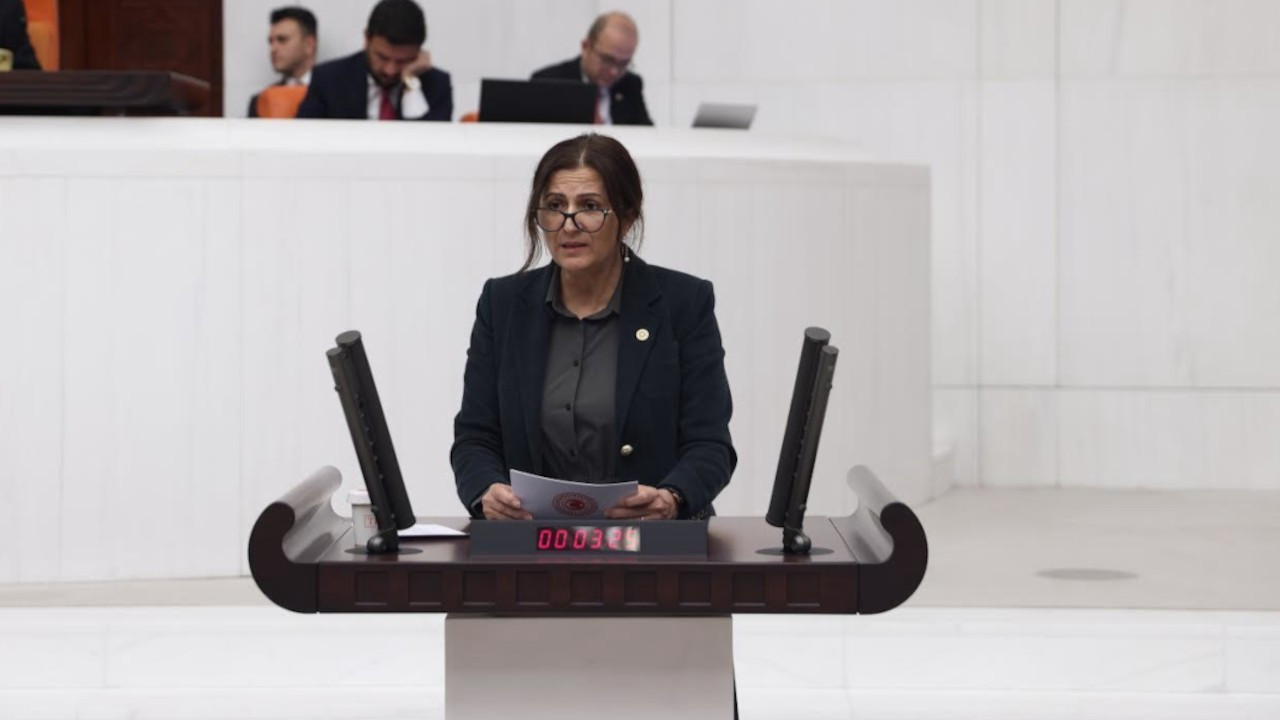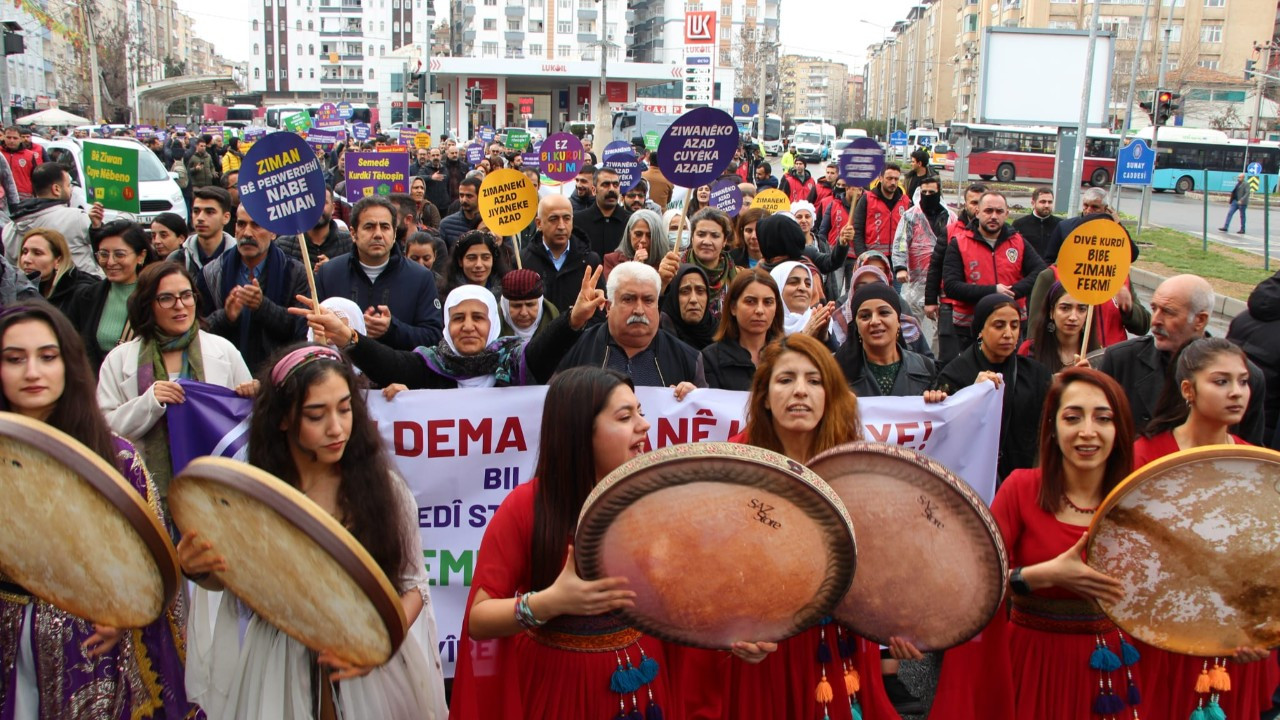Turkish police raid Kurdish language only café, detain owner in Diyarbakır
Turkish police detained Ramazan Şimşek, owner of Pine Café in Diyarbakır, on May 29 after a raid. The café recently made the news for offering services solely in Kurdish.
Duvar English
Turkish authorities detained Ramazan Şimşek, the owner of the Kurdish language only Pine Café, on May 29 in Diyarbakır, a Kurdish-majority province in southeastern Turkey.
Şimşek was apprehended after police conducted a search of his café in the early morning hours in Diyarbakır’s central district, the Erbil-based Rudaw Media Agency reported.
His brother, Vedat Şimşek, stated that the detention was due to the café’s policy to operate exclusively in the Kurdish language.
“After meeting with my brother, the lawyer told us that the reason for his detention was that he opened a Kurdish-only café,” Vedat Şimşek told Rudaw, adding that he expects his brother’s release soon.
Şimşek made headlines on May 15, Kurdish Language Day, after announcing that all services at his café would be provided solely in Kurdish.
This initiative aimed to preserve the language, according to Behiye, one of the café’s employees.
“When I don’t speak my mother tongue, it is as if I don’t exist. I don’t feel good, but when I speak my mother tongue I say ‘yes, I exist, I am alive’,” Behiye previously told Rudaw.
Şimşek, however, emphasized that non-Kurdish speakers were also welcome. “We say let them come. Let them come and learn Kurdish,” he told Rudaw.
A recent report by the Socio-Political Field Research Center revealed that over half of the Kurdish population in Turkey uses Turkish to communicate at home instead of Kurdish.
However, nearly all respondents expressed a desire for the language to be protected and for their children to be educated in their mother tongue.
Turkey’s current constitution, ratified after the 1980 coup, designates Turkish as the sole official language.
While the use of Kurdish is not entirely prohibited, successive Turkish governments have imposed restrictions on its use.
(English version by Wouter Massink)

 Kurdish, Lazuri speeches silenced in Turkish Parliament on Mother Language DayHuman Rights
Kurdish, Lazuri speeches silenced in Turkish Parliament on Mother Language DayHuman Rights Turkish prison administration imposes disciplinary penalty to 14 prisoners over dancing halay to Kurdish musicHuman Rights
Turkish prison administration imposes disciplinary penalty to 14 prisoners over dancing halay to Kurdish musicHuman Rights Diyarbakır marches for Kurdish on International Mother Tongue DayHuman Rights
Diyarbakır marches for Kurdish on International Mother Tongue DayHuman Rights